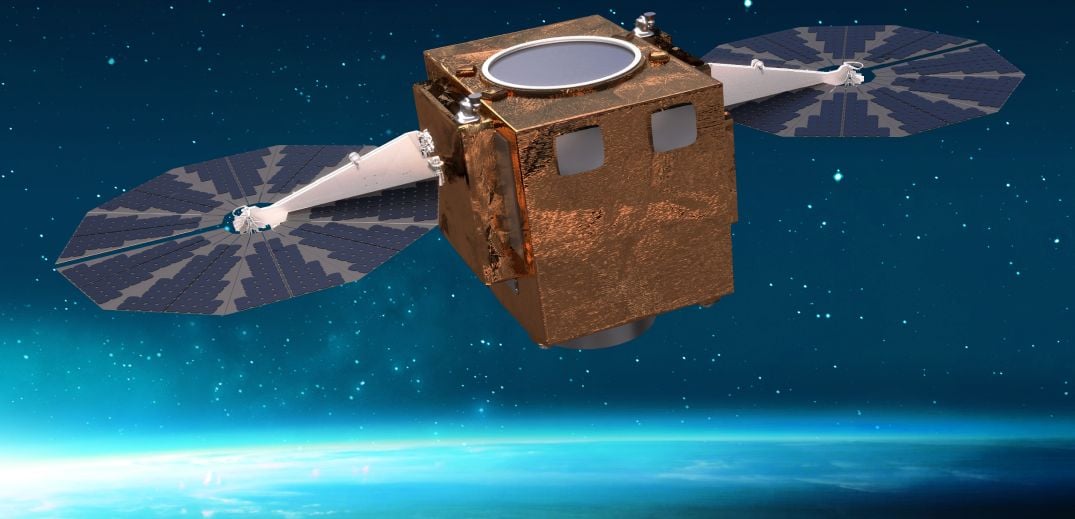
5 Steps to Build an Effective CSR Strategy
In today’s business landscape, Corporate Social Responsibility (CSR) has evolved from being a “nice-to-have” to ...

Nestlé will be the first food and beverage company to pilot Airbus’s new Pléiades Neo satellites in the monitoring of its reforestation efforts.
Nestlé will use the very high-resolution images from this cutting-edge technology to help ensure that the trees it has planted in sourcing regions continue to thrive over the long term.
This approach will help Nestlé demonstrate the amount of carbon it is removing from the atmosphere through its Global Reforestation Program, a key pillar of its 2050 net zero emissions ambition.
Magdi Batato, Nestlé’s Executive Vice-President and Head of Operations said: “Forests are often called Nature Based Solutions because we use nature as a solution to help reduce our emissions. Growing trees close to our sourcing locations is an essential part of our climate roadmap alongside decarbonizing our operations and supply chain. Through our Global Reforestation Program, we aim to plant and grow 200 million trees in our supply chains and sourcing landscapes by 2030. Our goal is to remove 2 million tons of CO2e through these projects.”
The company will first apply the technology in the Ranong and Chumphon provinces of Southern Thailand, where a reforestation project has been ongoing since last year. Pléiades Neo satellites will monitor more than 150 000 shade trees in farms from where Nestlé sources its coffee, over a 20-year period. Shade trees help prevent coffee’s over-exposure to the sun, increase yield and productivity in the long term, while also removing carbon from the atmosphere. Based on this experience, Nestlé will determine whether to expand the approach to other locations around the world.
Karen Florschütz, Airbus Executive Vice-President and Head of Connected Intelligence said: “Monitoring natural and intentional reforestation has now become as important as monitoring deforestation to restore natural carbon sinks and ensure sustainability. Pléiades Neo, with its 30 cm resolution, highest acquisition capacity and rich spectral configuration, is perfectly suited to follow replanting projects over large and remote areas. We are proud of this new cooperation with Nestlé and want to keep pioneering the development of innovative solutions to address climate change.”
Nestlé has been using the Airbus and Earthworm Starling solution since 2016 to check for the risk of deforestation near its sourcing locations. With Pléiades Neo, Nestlé is upscaling the monitoring service, applying a similar approach to the restoration and regeneration of landscapes.
اترك تعليقا